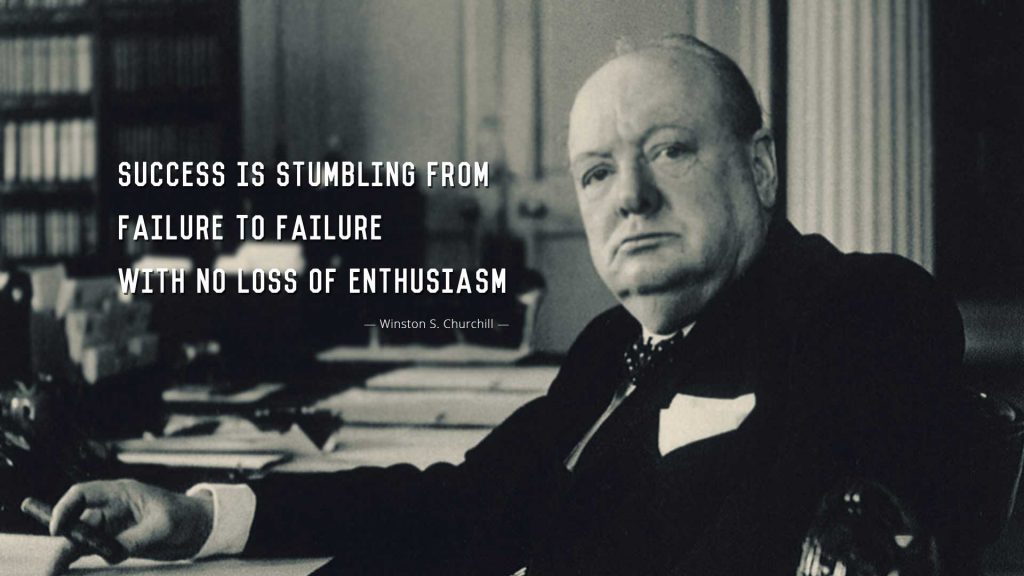Richard Branson is an iconoclastic entrepreneur. I appreciate his vitality, his willingness to never stop learning, and how he talks about the importance of failure. He famously said, “Every successful person has at least one thing in common: they’ve got things wrong over and over again before finding the right solution.”
Amen.
Discussing Failure
Maybe it’s our genetic American emphasis on success, but I don’t think we always discuss failure as openly as we should in the U.S. business community. Moreover, we have all had reservations at one point or another in our careers about hiring a candidate with a notable failure on their resumes. Though failures admittedly come in all shapes and sizes that should be carefully evaluated, reflexively shunning candidates who have experienced personal or business failures is, among other things, bad business.
For example, when it comes to boardrooms, some of the best directors I’ve met have experienced governance failures of one kind or another (sometimes quite public and quite spectacular). If you listen to them speak, they will admonish anyone who cares to listen that those setbacks contributed to their governance acumen. More often than not, I think they are right.
Just this week, I gave advice to a lead independent director that arose from two different business failures I experienced:
Failure No. 1. In the late 90s, I was CEO of an unsuccessful email encryption start-up. I learned a hard lesson about what happens when you fail to undertake objective, comprehensive, M&A due diligence.
Failure No. 2. Many years later, I was an investor in – and board member of – a Nasdaq-listed, solid-state drive company, where I learned the hard way that fast growth and great technology are often no match for a relentless, opaque corporate culture.
Lessons Learned (and Shared)
Drawing on those experiences, I told my firm’s client a few things.
- Though we’ve all heard it before, things that seem too good to be true nearly always are. Seriously.
- M&A isn’t often as much about products, services, and financial statements as it is about people, culture, and integrity (when in doubt regarding any of the latter three, walk away every time).
- Anyone intent upon subverting financial controls can do so if they really want to. The keys are: (1) proactively recognizing (and addressing) an organizational tone that makes financial malfeasance more likely in the first place; and (2) unerringly committing to getting things right as quickly as possible if/when there is a transgression.
- Being a board member is always humbling, because directors are required to assume ultimate responsibility for businesses that they don’t run.
There is no getting around the fact that boardroom failures, like other failures, leave a mark. Losing money, losing friends, losing confidence or losing credibility is hard.
But failure is a necessary byproduct of leadership and… boards are no place for people who don’t want to lead.

________________



